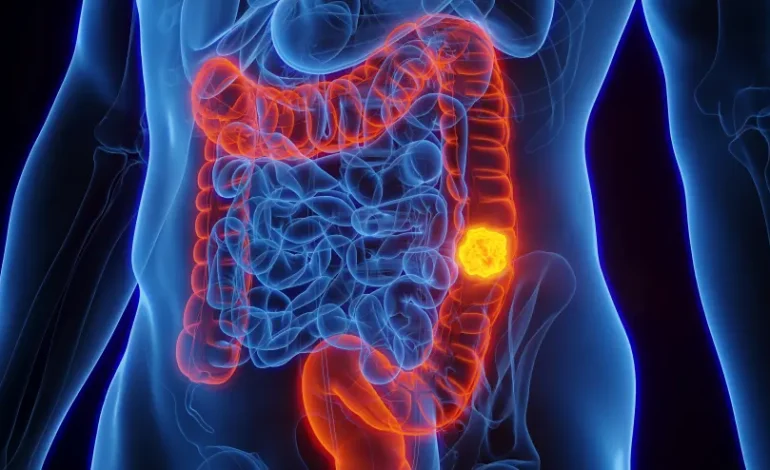Colorectal cancer affects an estimated 155,000 Americans each year, bringing both physical and emotional challenges, New York Post reports.
While common symptoms like diarrhea, abdominal cramps, and rectal bleeding are well-known, other side effects often go undiscussed despite their significant impact on patients’ lives.
Dr. Cedrek McFadden, a South Carolina-based colorectal surgeon and medical adviser to the Colorectal Cancer Alliance, emphasizes the importance of addressing these lesser-known effects.
“Speaking up about them can make a huge difference,” he said.
Below are three side effects that are frequently overlooked but manageable with proper support.
1. Emotional and Mental Health Challenges
The emotional toll of colorectal cancer can be overwhelming. Anxiety, depression, and panic attacks are common but not often discussed. Dr. McFadden notes that dealing with the diagnosis and undergoing treatment can be psychologically taxing.
Bri Mahon, a California mother of twin boys, shared on TikTok how she initially dismissed her panic attacks and depression as the stress of new motherhood. After experiencing persistent symptoms, she was diagnosed with Stage 3 colon cancer at just 31 years old. During her chemotherapy, Mahon admitted through tears:
“I’m pretending I’m OK but I’m not.”
Fortunately, she later reported being cancer-free.
2. Body Image and Self-Esteem Issues
Changes to one’s body due to surgery, weight fluctuations, or the use of a colostomy bag can significantly impact self-image. Hair loss from chemotherapy is another source of distress.
Joe Faratzis, diagnosed with Stage 4 colon cancer at 28, described the psychological trauma of seeing clumps of his hair fall out during treatment. Now in remission with clear scans for nearly two years, he shared that his hair has since grown back.
3. Long-Term Bowel Changes
Even after successful treatment, colorectal cancer survivors may face lasting bowel changes, including symptoms similar to irritable bowel syndrome. Dr. McFadden notes that these issues can be both embarrassing and frustrating for patients.
Houston-based author Elayne Gorhum, who has been cancer-free for more than five years, revealed that she experiences flare-ups triggered by stress or certain foods after having a large portion of her colon removed.
“It can be just a really rough time,” she said.
Colorectal cancer rates are rising among younger adults, prompting health experts to recommend that routine screenings begin at age 45 for those at average risk. Those with higher risk factors may need earlier and more frequent tests.
Dr. McFadden encourages open conversations about all aspects of the disease, including the emotional and physical side effects that often go unspoken.
“Addressing these challenges head-on can provide the support patients need to manage life during and after treatment.”








